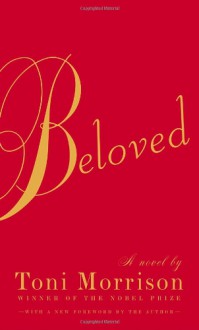
Several stray thoughts I had while choosing the tags for this one:
It's not really romance-done-right. While the title is scrupulous, there is little romance to all the types of "loves" (because there is always that doubt, of what is and is not love, what is selfish use, or abuse, and whether that frontier is concrete) weaved into the tapestry of the story. Most are too real or too fantastical, or grotesque (and still real, maybe more so), and the ways they happen are written just so; with all the anxiety, the terror, hesitation, thoughtlessness, doubts, crudity or day-to-day boredom that merits the occasion.
Wanted to tick better-than-expected but I still don't know why I am surprised by his writing.
This one is not magical-realism. Actually, leaving aside One Hundred Years of Solitude , I don't know that any of his other books would fit that one. Might be the grandiose, nearly mythic proportions of the stories he pieces together in his novels.
It is an odd and frankly ambitious book. It immerses you into the story by way of an octogenarian last chapter no less, and after it wraps you in, tells you how two seventy-somethings traveled through 50 years of other loves to re-meet as lovers. It meanders through the years and the relationships, and the depictions when gathered turn into a tapestry that is nothing less than epic in scope.
I can't say that I truly liked any of the characters, and yet, maybe I loved them all, in their terrible intensities. They are certainly memorable.
As always, I take off my hat to his opening and closing sentences, to the strange feats and acrobatics he manages from the language, to the way he depicts the shiny and the rotten side by side, making something amazing and nostalgic of a nature core of reality.


 Log in with Facebook
Log in with Facebook 










